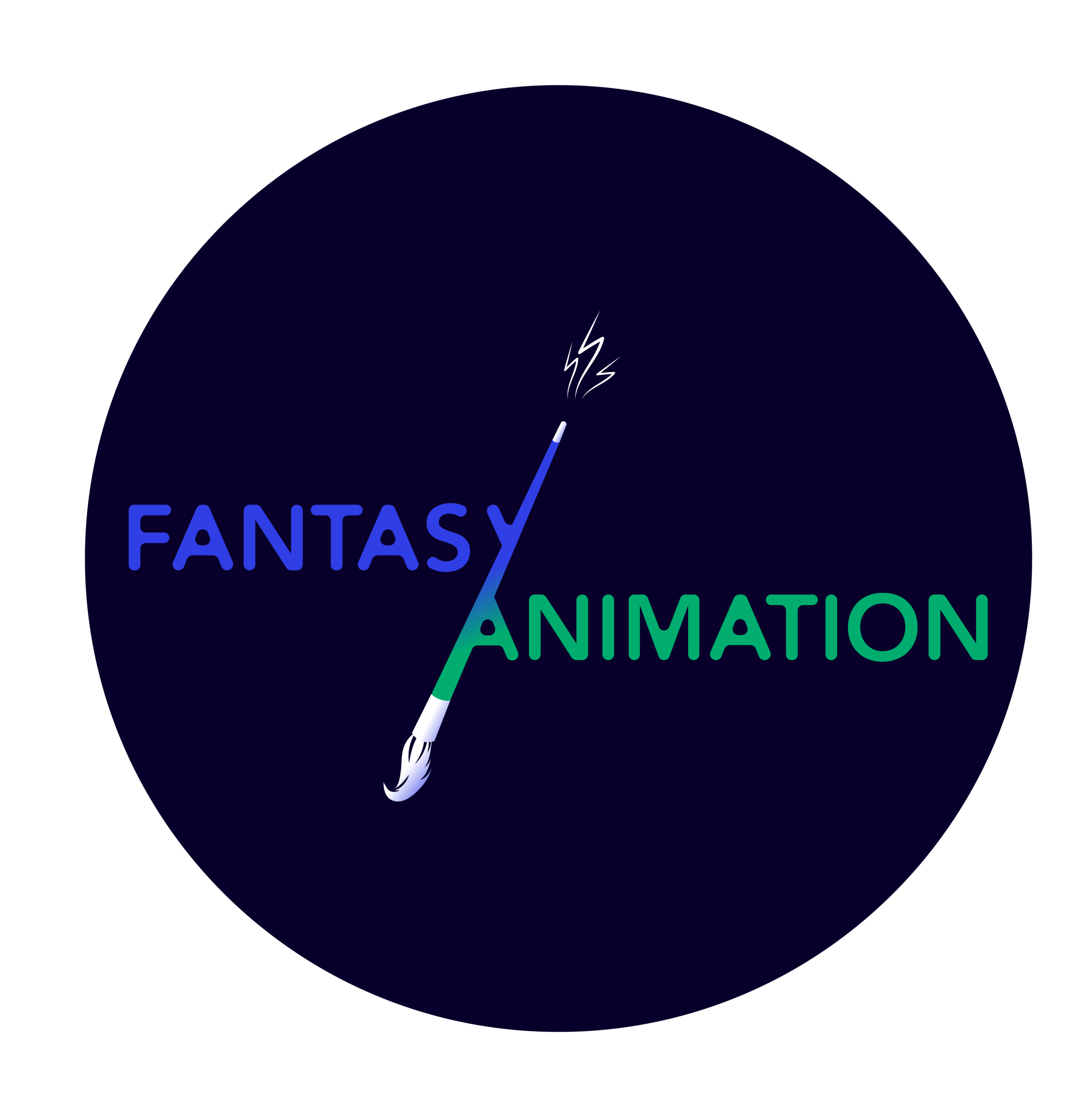Chris and Alex return to the Footnote format for this latest episode on “twice told tales” - a term that, following its Shakespearean origins, has been applied by writers of fantasy to refer to fantasy’s relationship to oral literature and fairytales. Topics include the fairytale’s codification of oral culture; legacies of literary structures and the power of (re)telling the beats of a story; shifting narrative templates and the act of adding one story ‘on top’ of another; and the spectatorial pleasure of receiving the fantasy of twice told creativity.
Read MoreChris and Alex are joined once more by Mark Bould, Professor of Film and Literature at the University of West England, for this Footnote episode that explores the origins and definitions of science-fiction storytelling.
Read MoreSpecial guest Chris McKenna, current Head of Creative Operations at the VFX studio Moving Picture Company, joins Chris and Alex for this latest Footnote episode on the VFX industry, with a particular focus on artists with colour blindness and advice on the best avenues for getting into animation lighting and design.
Read MoreFresh from their discussion of Spider-Man: No Way Home (Jon Watts, 2021), Chris, Alex and special guest Dr Nick Jones (Senior Lecturer in Film, Television and Digital Culture, University of York) return for this short Footnote episode on the marvel and magic of 3D technology.
Read MoreFrom the invention of Plasticine by William Harbutt in Britain in 1897 to the use of malleable materials in the earliest stop-motion ‘trick films’ of Edwin S. Porter, J. Stuart Blackton, and the Fleischer Brothers, the application of clay in animation has a history as long as the medium itself.
Read MoreThe economy of the Hollywood franchise is the focus of Footnote #30, where Chris and Alex examine the multimedia conglomeration of the U.S. cinema industry in the blockbuster era of the 1970s, and the subsequent impact on the post-2000 phase of Hollywood film production and its intensified franchise mentality.
Read MoreDrawing on the seminal work of scholar Henry Jenkins, this latest Footnote episode engages the question of transmedia storytelling, industrial organisation, cultures of appreciation, and the consumption of media in an era of convergence. Alex takes the lead in discussing how contemporary entertainment experiences involve the dispersal of content across interacting, co-ordinated, and co-dependent media platforms.
Read MoreAnimation’s rude and crude history is the topic of Footnote #28 of the podcast as Chris and Alex take up the complex issue of adult animation.
Read MoreFollowing up episodes on hyper-realism and photorealism, this latest instalment completes the unofficial Fantasy/Animation ‘realism’ trilogy (!) by focusing on the history, politics, and aesthetic concerns of surrealism.
Read MoreThe tension between spectacle and narrative is investigated through the seminal work of Tom Gunning and his formulation of the “cinema of attractions” in this latest Footnote episode, in which Chris and Alex hold cinema’s propensity for exhibitionist visual display and its later development of story in delicate balance.
Read MoreFresh from their discussion of hyper-realism in the previous Footnote episode, Chris and Alex discuss ‘photorealism’ in this latest instalment - a term that denotes the aesthetic mimicking of lens-based media to create the appearance of a world as viewed through a camera.
Read MoreThe podcast's first engagement with questions of ‘realism’ in animation takes centre stage in Footnote #24, where Chris and Alex historicise and interrogate the function of realism and hyper-realist traditions within a multitude of media and aesthetic traditions.
Read MoreThe story of phantasy (with a ‘ph’) forms the basis of this latest Footnote episode, a term that is as muddy and complex as its more familiar ‘f’ counterpart. Whereas ‘fantasy’ is associated with carefree, escapist enjoyment in the imagination, phantasy describes a process of meaning making within the human psyche, and is a psychological act that is a regular part of our engagement with - and understanding of - the world.
Read MoreThe second Fantasy/Animation footnote of the year sees Chris and Alex discuss boiling, an often-unintentional aesthetic effect involving the visibility of undulating animated lines that surfaces due to slight deviations within repeating drawn images.
Read MoreThe Fantasy/Animation Footnote podcasts return for 2023 with this 10-minute discussion of world-building, which examines both fantasy and animation’s ability to create believable and credible ‘worldly’ spaces. Chris and Alex wrestle with a number of ideas related to the appreciation of cinema beyond character and narrative, drawing on V.F. Perkins’ influential writing on film’s many fictional worlds to discuss the question of art’s relationship world-building, worldliness, and worldhood.
Read MoreWhat makes a Christmas film, and why are fantasy and animated films so popular during this festive period? How is cinema consumed and ‘used’ at Christmas by both the popular film industry and families as a source of comfort? How is Christmas is narratively and thematically presented in our favourite festive-themed films?
Read MoreAnimation’s potential for quick change is the focus of Footnote #19, as Chris and Alex go through questions of transformation via a 10-minute look at morphing.
Read MoreThe latest Footnote episode of the podcast sees the return of Professor Susan Napier (Goldthwaite Professor of Rhetoric, International Literary and Cultural Studies at Tufts University), who straight from her guest turn on Chris and Alex’s discussion of Hayao Miyazaki’s Spirited Away (2002) chats about the animated works and philosophy of Studio Ghibli.
Read MoreThe power of symbolism and the creativity of the metaphorical are the focus of Footnote #17, which seeks to distinguish Metaphor through animation’s identity as a ‘metaphorical’ medium and, as a consequence, its fundamental rhetorical and symbolic potential.
Read MoreRecent podcast guest Dr Noel Brown (Senior Lecturer in Film and Programme Leader for Film and Visual Culture, Liverpool Hope University) returns for this Footnote episode on Dual Address, and the ways in which children’s fiction (and cultural products more broadly) might engage a double register and include meaning for both child and adult audiences.
Read More



















